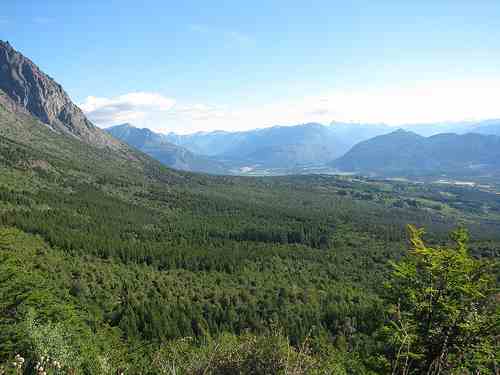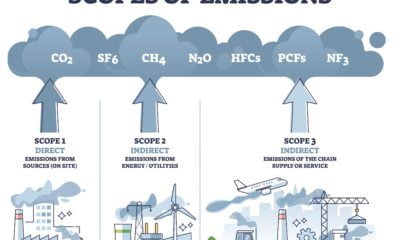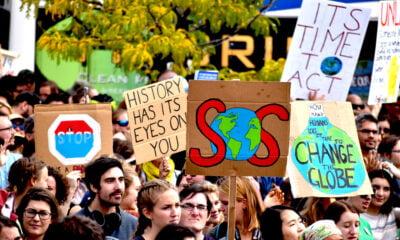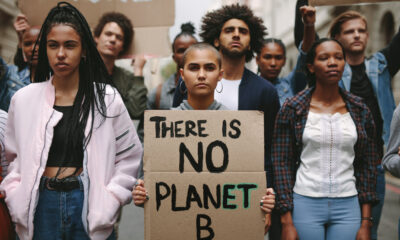

Economy
Tackling deforestation through REDD+ will cost $12 billion, report warns
Developed and developing countries need to join forces in order to reduce emissions from land use and halve deforestation by 2020, but this would cost up to $12 billion (£7.4 billion).
The findings appear in a report released on Monday by the Interim Forest Finance Project – a coalition formed by the Global Canopy Programme, the Amazon Environmental Research Institute, Fauna & Flora International and the UNEP Finance Initiative.
It warns that rich countries participating to the so-called REDD+ (Reducing Emissions from Deforestation and Degradation) scheme are reducing emissions by 3%, leaving the hard work to developing countries where forests are located.
REDD+ allows countries to receive financial incentives for the protection of forests and land. But according to the report, governments and the private sector are not providing enough finance and the programme is at risk of failure.
The report also calls on donor country governments, forest country governments and public finance institutions to fill the gap between demand and supply for REDD+ emission reductions.
Appropriate measures would cost up to $12 billion (£7.4 billion) in order to allow REDD+ to tackle 25% of emissions from deforestation.
Nick Oakes, finance programme manager at the Global Canopy Programme, said, “Large-scale demand for REDD+ emission reductions is expected to materialise only after a global compliance market comes in to existence, under the auspices of UNFCCC, in the year 2020.
“Right now, however, there needs to be large-scale demand for REDD+ emission reductions before 2020, otherwise the gap will continue to grow between supply and demand.”
Deforestation contributes to around 15-25% of global carbon emissions. According to the European commission, up to 9,900 metric tonnes of carbon dioxide (CO2) from forest loss must be avoided between 2015 and 2020 to keep global warming under the 2C threshold.
Further reading:
Drug trafficking contributing to deforestation in Central America
UNEP: area ‘size of Brazil’ under threat from unsustainable land use
Amazon deforestation threatens local population’s basic needs






























